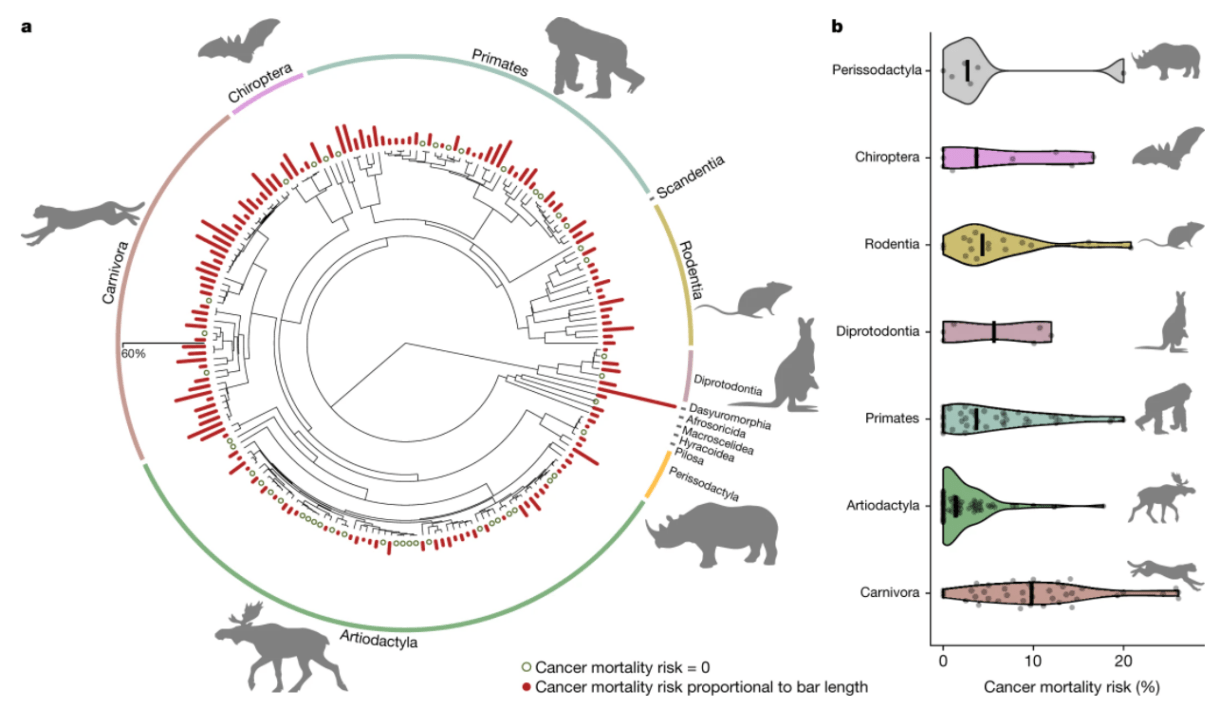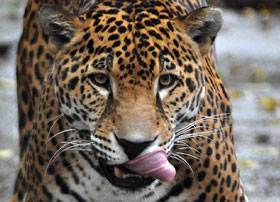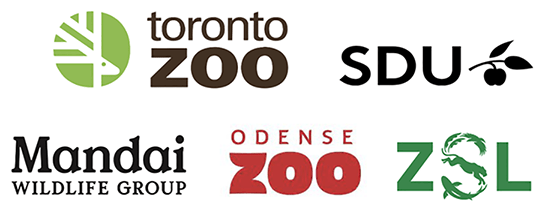The paper “Cancer risk across mammals” published earlier this month in the journal Nature demonstrates the value of data provided by Species360’s members. Prof. Fernando Colchero and Prof. Dalia Conde from the Species360 Conservation Science Alliance with a team of international collaborators find that “the results highlight the key role of life-history evolution in shaping cancer resistance and provide major advancements in the quest for natural anticancer defenses.“
Documenting cancer in wild animals is often extremely challenging due to a lack of information on the age of individuals, difficulty retrieving the bodies for necropsy, and the likelihood of cancer negatively influencing survival before cancer could be detected. Although data on wild populations would be indispensable to describe natural incidences of malignancies, such data, especially with corresponding ages and demographic histories, are unfortunately still far from our reach. Therefore, to estimate cancer mortality risk, this study uses data recorded by zoos for animals in their care using the Species360 Zoological Information Management System (ZIMS).
Data from hundreds of Species360 member zoos was the key to developing the most extensive evaluation of cancer risk in mammals and to test Petos Paradox. In humans it is clear that with extended lifespan and larger body size (i.e. height) cancer risk increases – believed to be linked to the larger number of cells and cell divisions, leading to the accumulation of cancer-driving mutations. Peto’s Paradox highlights that while this association hold within species, it is not true when we explore it among taxa (i.e., its average body size and life expectancy). For example, elephants are long-lived and large in size, yet they have a low risk of cancer compared to other short-lived and small-bodied species.
Until now, this type of rigorous and quantitative assessment of these associations across mammals was not possible due to the lack of data on cancer incidence from multiple species. Thanks to the standard records from zoo and aquarium members of Species360 this has now changed. The researchers analyzed the largest cross-species database of its kind —a pool of adult mammalian animals in ZIMS that includes 110,148 individuals spanning 191 species. Their findings offer conclusive proof that cancer mortality risk is largely independent of both body mass and adult life expectancy across species.
Orsolya Vincze, from the French National Centre for Scientific Research (CNRS), the first author of the study, mentions:
“We concluded that the solution to the Petos Paradox lies in the fact that the evolution of greater size and longevity in species has been accompanied by the co-evolution of potent mechanisms of cancer resistance. Our study highlights the value of the incredible work of the zoo and aquarium community that integrates and standardizes their records in ZIMS. We are extremely grateful to all zoo members who collected and registered their data on cancer, and we urge them to continue doing so to aid more detailed exploration of cancer across animals, including non-mammalian ones.“

Read the full article here.








